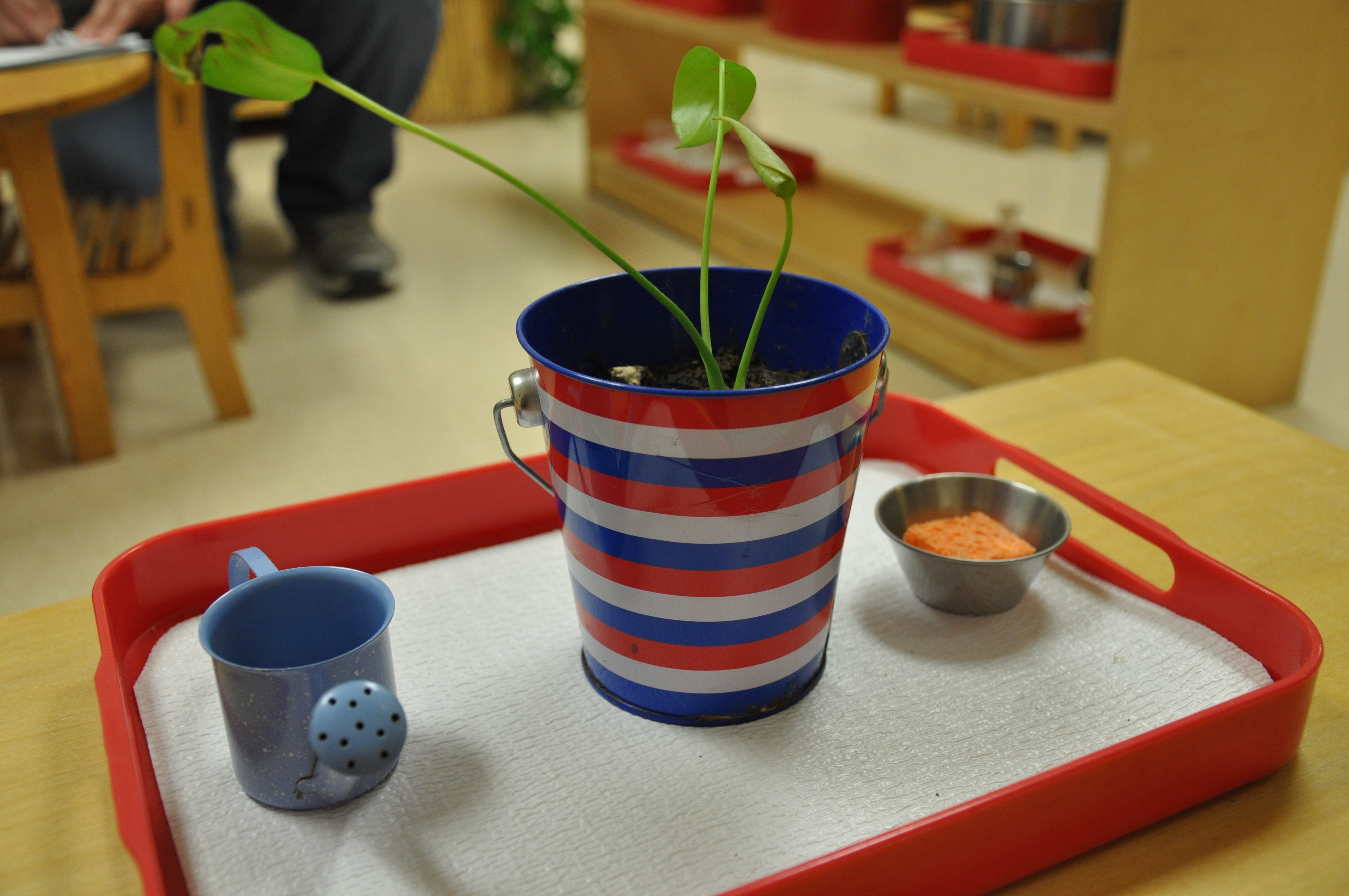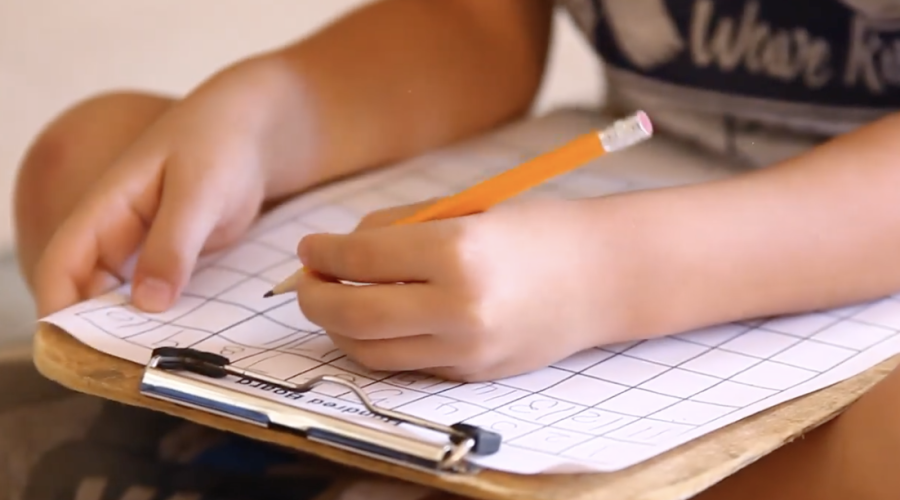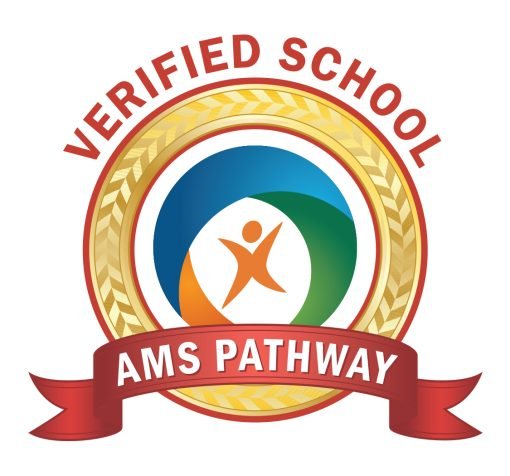
For current and future Montessori families alike, this is a relevant question. To start things off, rest assured that the skills, independence, motivation and academic abilities acquired in Montessori are in most cases carried within the child to future schools wherever he or she may go. After all, the key Montessori classroom disciplines are to “respect yourself, respect your friends, and respect your environment.”
The truth is, a smooth transition is inevitably the responsibility of the parent. In the span of your child’s education, chances are that you will need to provide opportunities for social, emotional, academic and critical thinking skills both at home while your child is attending Montessori and while attending a mainstream school, alike. Here are some tips to make the Montessori transition smooth that contribute to various aspects of your child’s independence…
Foster critical thinking skills:
- Encourage participation in group activities and clubs that include projects, collaboration and problem-solving
- Introduce classical literature that is appropriate for their age and be prepared to discuss the readings afterward. Ask open-ended questions.
- Join clubs (robotics, debate, science etc.) that encourage planning, group discussions and experimentation.
- Support that lemon aid stand! All parts of the process are important to a child’s learning and living.
Foster curiosity, invention and initiative:
- Explore everything indoors and out. Even a blade of grass tells a story.
- Let them ask questions. This is restricted in most schools, so children must have a chance to ask questions at home.
- Be outside, since the natural world is the fuel for the engine of curiosity and invention.
- Let them make mistakes. This is an essential part of the scientific process. No one learns anything new from repeating what is already known. This statement may seem obvious, but think about it. All schooling is teaching what is already known. Where will we get the new ideas?
Expose them to a global perspective:
- Join clubs or play groups with children from all parts of the globe.
- Invite families of other cultures into your home for meal sharing. Trade recipes!
- Talk about how to solve conflicts both in the family and with others.
- Practice peace building and study famous peace makers in the world.
Encourage the love of learning:
- Allow opportunities for self-guided research (don’t need a computer, we still have books and libraries).
- Safeguard some ‘down time’ for your child every day. That’s when creativity comes out.
- Drill down on subjects that spark your child’s interests and strengths. Deep learning is not available in a conventional classroom that has regimented curriculum and a bell that tells everyone when to stop working.
- Supplement core subjects taught at a school with any of the arts – music, performing, visual etc. Einstein said, “The greatest scientists are artists as well”.
Lastly, hang tight! These efforts to supplement conventional schooling subjects with activities are sure to help provide your child with the life skills needed to flourish. Remember, a Montessori heart truly lasts forever.




